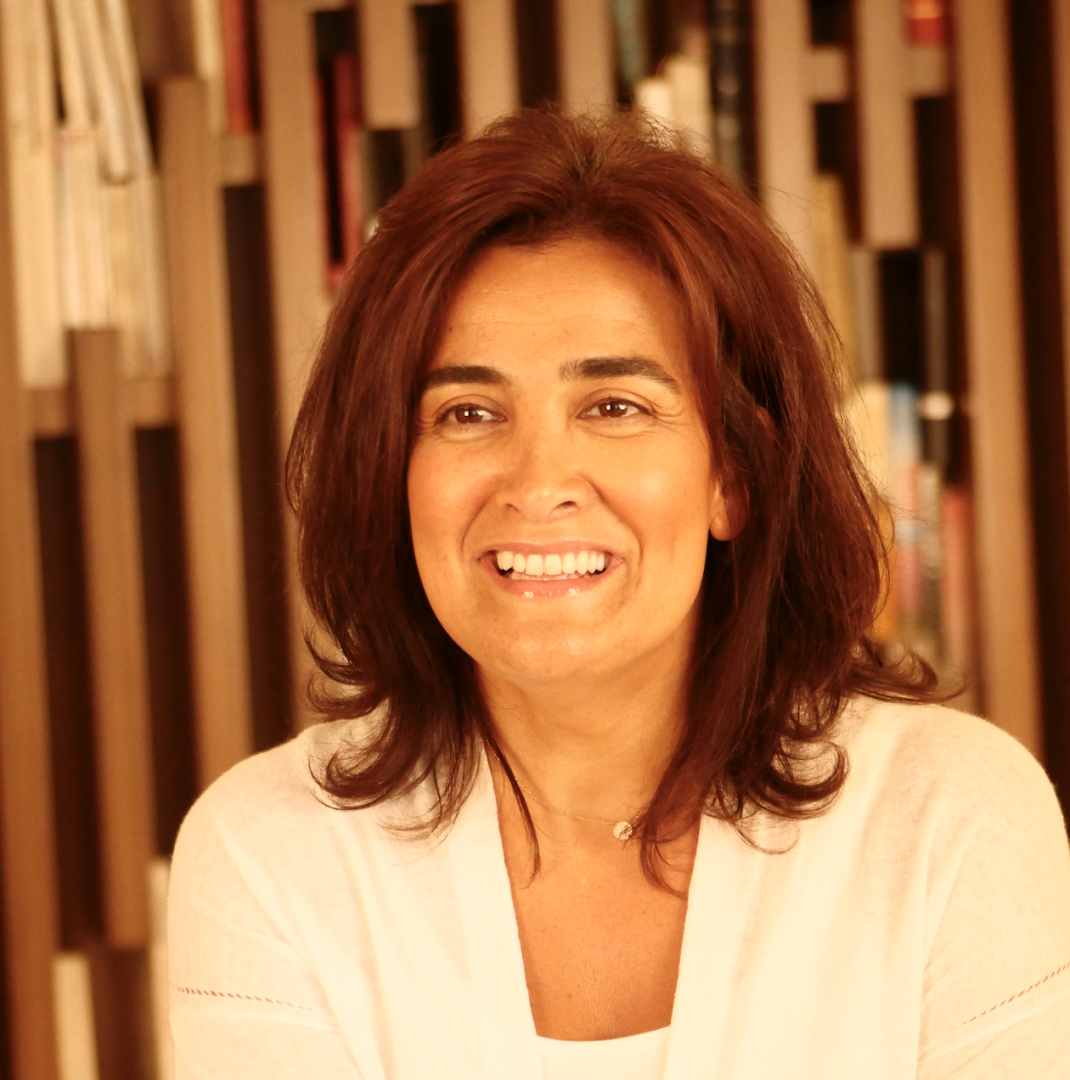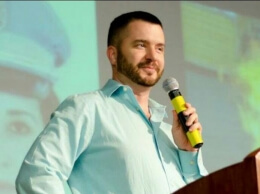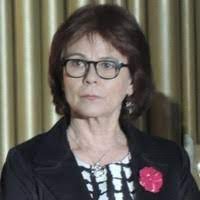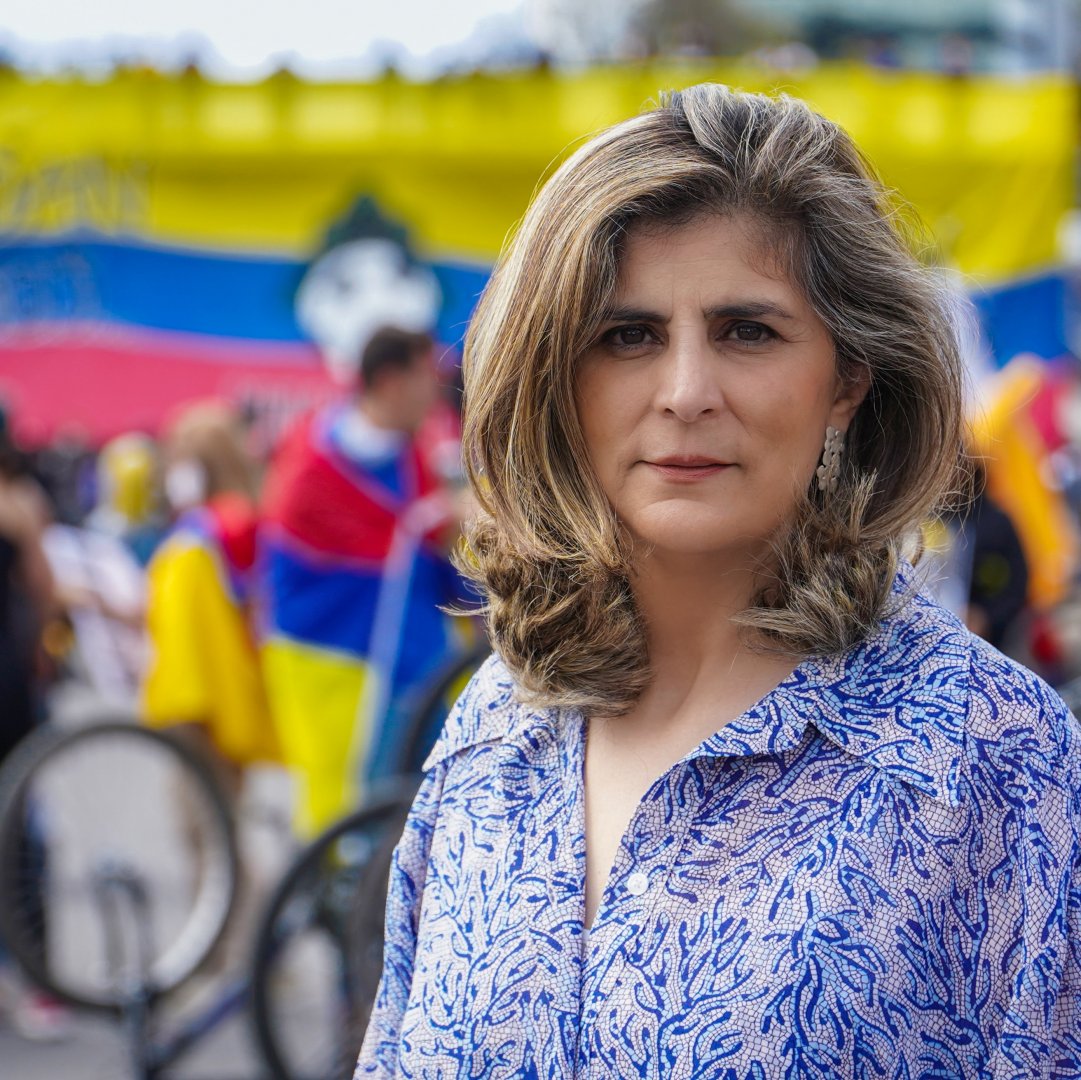
Webinar: feminist journalism – global backlash, local resistance
Join IMS on Wednesday 30 June 16:00-17:00 CET for a discussion on feminist journalism. What is it and what impact does it have for women’s rights and gender equality?
This webinar has already taken place. Please find the recording here.
When: Wednesday 30 June 2021, 16.00-17.00 CET
Where: The webinar will take please on Zoom. Please register here.
Language: The event is in English with simultaneous interpretation to Arabic and Spanish
Please note that the webinar will be recorded.
IMS has just published a new update of the IMS reader on gender and sexuality, Navigating a changing world: Media’s gendered prism. The reader is filled with fabulous journalism produced by IMS partners worldwide – from Myanmar and Pakistan to Syria and Colombia – that address the violations and resistance which occur as consequence of and response to patriarchal society.
In celebration of the online gender reader, a panel of experts will discuss the definition of and reflect on the reach, limits and opportunities provided by intersectional feminist journalism – especially after the Covid-19 pandemic put at risk many of the gains made globally for gender equality and human rights.
Meet the panelists

Diana Moukalled is a Lebanese Journalist and Documentary Film Producer/Director with 28 years of experience in covering hot zones. Her documentaries tackle socio-political issues in the region and around the world covering women, minorities, human interest stories and topics rarely covered by mainstream media. In 2017, Diana along with two other founders, launched IMS partner Daraj.com, an independent media platform addressing controversial issues that are underreported in the Arab region. @dianamoukalled

Paul Amar is the Director of the Orfalea Center for Global and International Studies and Professor at the Department of Global Studies at the University of California, Santa Barbara. He holds affiliate appointments in Feminist Studies, Sociology, Comparative Literature, Middle East Studies, and Latin American & Iberian Studies. Before he began his academic career, he worked as a journalist in Cairo, a police reformer and sexuality-rights activist in Rio de Janeiro and as a conflict-resolution and economic-development specialist at the United Nations.

Fabiola Calvo Ocampo is a Journalist, Researcher, International Correspondent, Editor-in-Chief, Columnist and PhD in Political Science and Sociology, Complutense University of Madrid. Member of the Collective of Thought and Action on Women, Peace and Security, specialist in analysis of political situations and gender, consultant for international organizations and extensive experience in promoting social organizations. Member of the collegiate coordination of the Network of Journalists with a Gender Vision of the Americas and National Coordinator of the Colombian Network of Journalists with a Gender Vision. Author of several books and articles on political violence in Colombia, communication and gender, and specialist in analysis of political situations and gender. @fabicalvoocampo

Moderator: Laura Gil is the Programme Advisor of IMS’ 1325 Programme, a foreign policy analyst and an opinion leader in Colombia with expertise in human rights and peacebuilding. She is the director of Diálogos and Estrategias, a Bogota-based firm dedicated to supporting public policies that further human rights, reconciliation, and post-conflict reconstruction. She has served as a columnist at El Tiempo, Colombia’s largest newspaper, and has also worked in radio and TV. From 2011 to 2015, she was the director and presenter of “Hashtag International,” Colombia’s only TV program focusing on the analysis of international events. @Lauraggils
IMS’ work for gender equality in and through media
IMS is convinced that media cannot be truly professional unless all genders, people from minorities and disadvantaged groups are represented in media production and that media content is free from stereotypical and degrading content. Our vision is that everyone, irrespective of a person’s gender, sexuality, ethnicity, religion, abilities or socio-economic status, can enjoy their right to freedom of expression and participate in the public debate.
IMS supports partners in the Global South to produce content that advances gender equality, amplifies women’s and oppressed people’s voices and reports in an ethical and gender-sensitive way. IMS also supports partners to improve the conditions for female journalists through research, safety of female journalists, equal opportunities and breaking glass ceilings.




